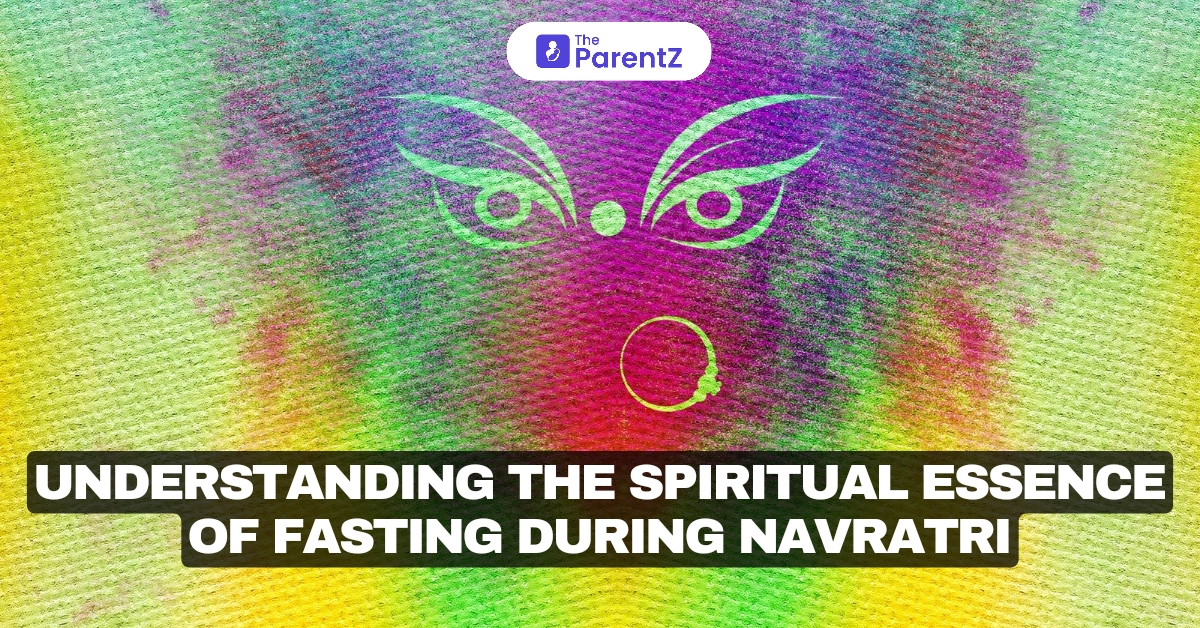Navratri, the nine nights of devotion dedicated to the Divine Feminine in Hinduism, is a time of great spiritual significance. It is a period marked by fasting, prayer, and celebration, embodying India's rich cultural heritage. For many of us, Navratri evokes a sense of nostalgia, bringing back cherished memories of our childhood rituals and family traditions.
The early morning prayers, the gentle ringing of bells, the fragrant aroma of agarbatti, and the communal spirit of fasting are the hallmarks of Navratri in Indian households. The nine days are a time of introspection and self-discipline as we abstain from certain foods and engage in spiritual practices.
The Nostalgic Memories of Navratri Fasting
Growing up in an Indian household, the memories of Navratri fasting are etched in our minds forever. The morning ritual of waking up early, offering prayers, and preparing for the day's fast is a cherished tradition. The kitchen becomes a sacred space, filled with the loving hands of mothers and grandmothers as they meticulously craft delicious meals that nourish both the body and the spirit. The sound of the thali (plate) being cleaned, the clanging of the pots and pans, and the laughter of children eagerly awaiting the first morsel of the day's feast – these are the sounds that transport us back to the warmth and comfort of our childhood homes.
Purification and Detoxification
Fasting during Navratri is more than just abstaining from food; it is a conscious effort to cleanse the body and mind. It prepares devotees for spiritual connection and self-reflection. By refraining from certain foods and indulgences, we engage in internal purification, allowing the body to detoxify and the mind to become more focused and clear. This detoxification process not only benefits the physical body but also prepares the way for spiritual growth and enlightenment.
Devotion and Surrender
Fasting during Navratri is a form of devotion to Goddess Durga, symbolizing the surrender of oneself to the divine. It is an expression of gratitude, humility, and a desire to connect with the divine feminine energy. Through fasting, we demonstrate our commitment to our spiritual journey and willingness to let go of worldly attachments to attain a higher level of consciousness.
Discipline and Self-Control
Fasting requires self-discipline and the ability to control one's desires and impulses. By abstaining from certain foods and behaviors, we strengthen our willpower and develop greater self-control. This discipline extends beyond fasting as we learn to apply these principles to other areas of our lives, which leads to personal growth and transformation.
Spiritual Awakening and Enlightenment
The nine days of Navratri are a time of reflection, introspection, and spiritual awakening. Through fasting and other spiritual practices, such as meditation and prayer, we seek to connect with our inner selves and the divine. This journey of self-discovery can lead to a deeper understanding of one's purpose, values, and the true nature of existence. As individuals let go of their ego and embrace the divine, they experience a profound sense of peace, joy, and enlightenment.
Cultural Unity and Celebration
Navratri is not just a religious festival but also a celebration of cultural unity and diversity. From the vibrant garba dances of Gujarat to the elegant Golu displays in Tamil Nadu, Navratri is a time when communities come together to share the joy of the festivities. This unity transcends religious boundaries and promotes harmony, respect, and appreciation for diverse cultural expressions.
Conclusion
The spiritual significance of fasting during Navratri extends far beyond physical abstinence. It is a journey of purification, devotion, discipline, and spiritual awakening that transforms the individual from within. As we embrace the divine feminine energy and surrender ourselves to the goddess, we experience a profound sense of connection, purpose, and enlightenment. Navratri fasting is not just a ritual but a way of life, a testament to the power of faith, devotion, and the transformative potential of the human spirit.





Be the first one to comment on this story.